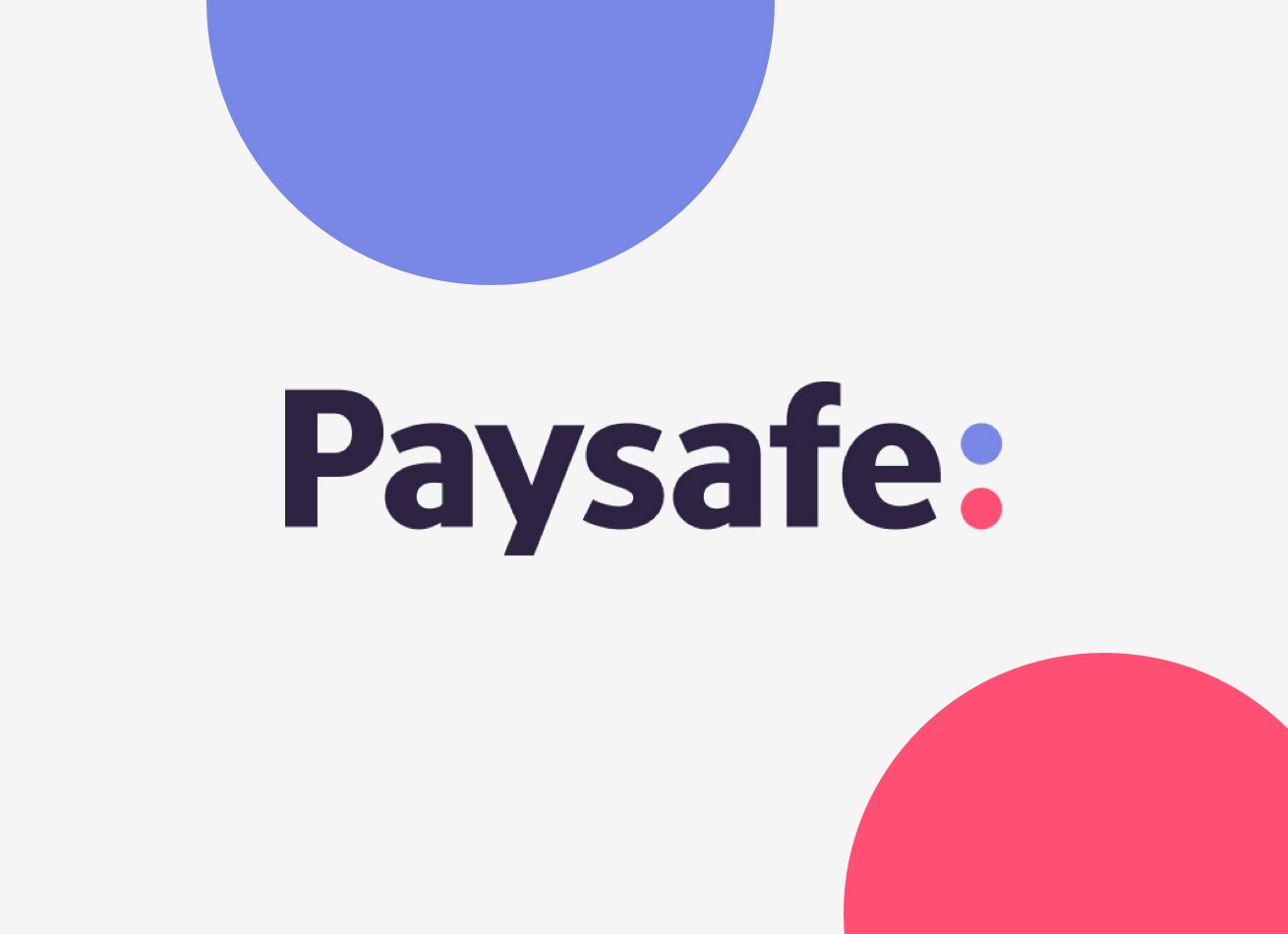Successful Mobile App Development: Strategies and Best Practices
In today’s digital age, mobile development is not just a trend but a necessity for businesses and individuals alike. The increasing reliance on smartphones and tablets has created a vast market for mobile applications, driving the need for effective development strategies. Whether you’re an established android app development firm or a budding android development agency, understanding the key strategies for success in mobile development is crucial.
1. Define Your Target Audience and Goals
Before diving into the technical aspects of android mobile development or ios and android development, it’s crucial to define your target audience and goals. Who are you building this app for? What problem does it solve or what need does it fulfill? Having a clear understanding of your target audience will help you tailor the app’s features, design, and marketing strategy to resonate with them. This is especially important for custom android app development where personalization is key.
2. Choose the Right Platform(s)
Deciding whether to focus on android mobile app development, ios app development, or both is a significant strategic decision. Factors to consider include your target audience’s preferences, the type of app you’re developing, and budget constraints. Cross-platform development tools can be a cost-effective option, but native android development may offer a superior user experience. It’s essential to weigh the pros and cons of each platform before making a decision.
3. Prioritize User Experience (UX) and User Interface (UI)
In the world of android application development, the importance of a seamless and intuitive user experience (UX) cannot be overstated. Your app’s UI should be visually appealing and easy to navigate, ensuring that users can accomplish their tasks effortlessly. Investing in android app development software that prioritizes UX/UI can significantly improve user satisfaction and retention.
4. Thorough Testing and Quality Assurance
Before launching your android mobile app, rigorous testing is essential to identify and fix any bugs or issues. Quality assurance (QA) ensures that your app functions smoothly across different devices and operating systems. Neglecting this step can lead to negative reviews and damage your app’s reputation. For android game development, testing is even more crucial due to the complex nature of game mechanics.
5. Monetization Strategy
If your goal is to generate revenue from your app, a well-thought-out monetization strategy is vital. Common monetization methods include in-app advertising, in-app purchases, subscription models, and freemium models (offering a basic version for free with paid upgrades). Choosing the right monetization strategy depends on your app’s nature, target audience, and overall business goals.
6. Marketing and Promotion
Developing a great app is just the first step. To reach your target audience and achieve success, you need a robust marketing and promotion strategy. This may involve app store optimization (ASO), social media marketing, content marketing, paid advertising, and influencer marketing. Understanding your audience’s online habits and preferences is crucial for effective promotion.
7. Post-Launch Maintenance and Updates
The mobile app development cost doesn’t end with the launch. Regular updates are essential to fix bugs, improve performance, and introduce new features that keep users engaged. Monitor user feedback and app analytics to identify areas for improvement. Engaging with your user base and addressing their concerns can foster loyalty and positive reviews.
8. Security
Security should be a top priority throughout the android development process. Mobile apps often store sensitive user data, making them attractive targets for cyberattacks. Implement robust security measures to protect user information, including data encryption, secure authentication, and regular security audits.
9. Scalability
As your app gains popularity, it’s important to ensure it can handle increased traffic and user demands. Scalability should be considered during the android platform development phase. Cloud-based solutions and scalable architectures can help your app accommodate growth without compromising performance.
10. Partner with the RightAndroid Development Company****
If you lack the in-house expertise, partnering with a reputable android app development company or an experienced android development team can be a wise decision. These professionals can bring valuable insights, technical skills, and industry knowledge to the table, increasing the chances of your app’s success. Ensure you choose a company with a proven track record in android mobile application development and a commitment to quality.




























